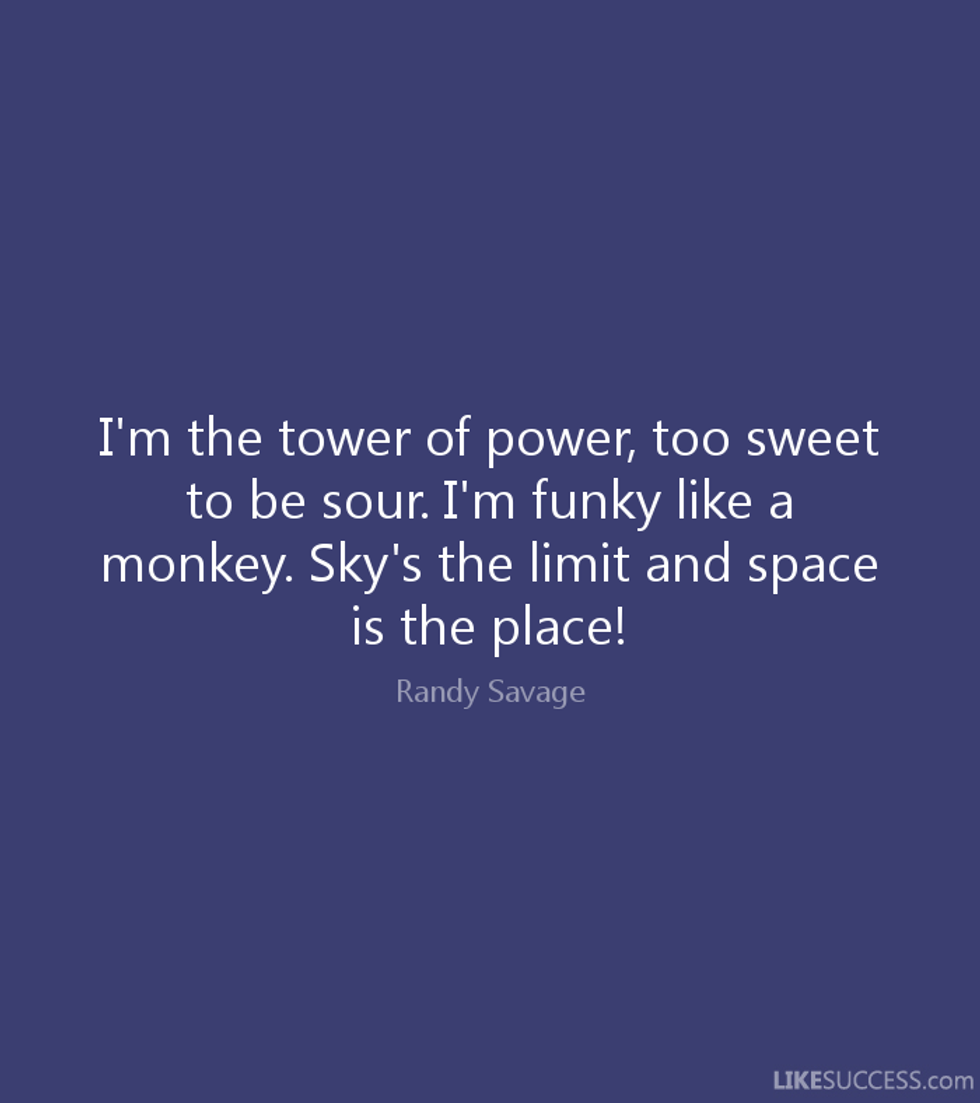You've graduated and the school schedule has fallen from your shoulders. No more deadlines, no more professors, no more homework. You have all the time in the world to do with as you please. You can finally get started on that book you've been planning, or take up bicycling, or get to work on reorganizing your life. Or you could just sit and browse the internet. There's always time to do that other stuff, right? A new season of your favorite show just finished. Maybe after you watch that. (Several hours later) Well, that was marginally better/worse than last season, time to get started on- oh shoot! It's time for work. Better get going, no time for that thing I was going to do. Rinse, repeat, until you realize that you've accomplished nothing substantial in several weeks.
How do you break the cycle? Sometimes it can be difficult, because although school has helped us acquire the tools to form these schedules and habits, it never taught us to apply them in any context other than school. So now without the structure with which to mold our lives, we must look for ways to learn to apply what we already know. Minor tip: it helps if you try to contextualize all the things you are putting off as homework that needs to be done by the end of the week.
Observe yourself and know when you are putting stuff off. It takes one moment, one thought to go from doing something productive, like cleaning the house, to vegging out with Netflix until work starts. If you can recognize that thought before it becomes an action, you can more easily deny it from doing so.
Start thinking less about what you could do and more about what you should do. If you want a project to come to fruition, there are things that need to get done. Sometimes these things are distasteful or not as immediately satisfying as other things you could be doing, but for the project to get done, these things should come before anything else. It's a way of convincing yourself to accept responsibility by appealing to the more sensible parts of your brain rather than those that are impulse-driven.
Then in a practical aspect: spend at least a half hour every day doing something productive. Do this for three weeks. The amount of time necessary is negligible in a regular day, so it won't take too much away from other activities, and you'll be getting some important stuff done. Studies have shown that if you do something for three weeks consistently, it becomes a habit and rarely continues to feel like a chore. Imagine doing that with art, or writing, or cleaning or other important things that make you feel good about yourself and improve your lifestyle. You could just train yourself to do them automatically and not need to convince yourself anymore, not that you should need to in the first place, but we are all wired differently. (Fun fact, the entire reason I started writing this column was to get into the habit of taking time to write every week. Soon it will be every day, but with projects that are more important to me.)
Everybody has things that should get done. The home needs to be cleaned, the drawing needs to get sketched, or the draft needs to be written up. It's not difficult to get caught up in avoiding these things because we get comfortable in putting them off, but the main question we need to ask ourselves is "What is putting these things off doing for me that is better than what will come of doing them?"





















